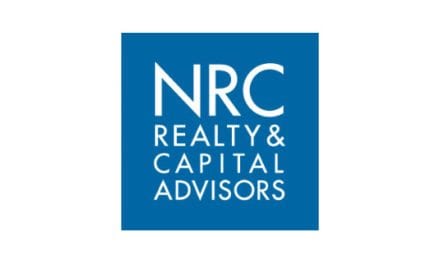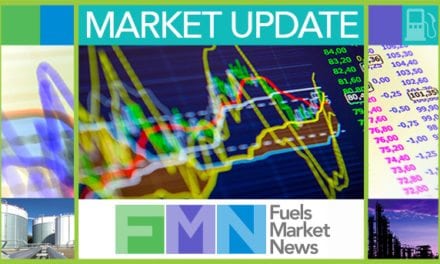The Petroleum Marketers Association of America (PMAA) met via conference call with the U.S. Environmental Protection Agency (EPA) last week to discuss a proposed streamlining and modernization of the gasoline, diesel fuel and other fuel regulations under 40 CFR 80. The streamlining and modernization effort will not incorporate substantive changes to the EPA’s fuels program. Instead, the fuel regulations will continue to operate as they do today, but in a simpler and less burdensome way. The EPA plans to take a holistic look at the entire set of fuels regulations in Part 80, to replace them with a single set of provisions to better reflect today’s fuel marketplace, by:
- Deleting expired provisions.
- Consolidating and eliminating redundant compliance provisions.
- Removing unnecessary and out-of-date requirements.
According to the EPA, this effort will reduce burden and costs for stakeholders, increase fungibility and improve compliance assurance while maintaining environmental performance and fuel quality. One possible proposal on the table would simplify the RFG program by replacing summer VOC standards with a single 7.4 RVP cap and eliminate restrictions on comingling conventional gasoline and RFG in the winter to increase fungibility. The proposed rule could also potentially consolidate all independent fuel quality surveys into one nationwide survey. The change would reduce the required number of fuel samples to around 7,000 samples per year (5,000 gasoline; 2,000 diesel) down from the current 19,000 samples across all the programs.
While EPA’s streamlining initiative would address most aspects of federal fuels regulations, many provisions will remain relatively unchanged, including the RFS program, national sulfur and benzene standards, applicable seasonal, geographic RVP standards, legacy standards required by the Clean Air Act (e.g. lead levels in gasoline), E15 misfuelling mitigation requirements and Tier 3 oxygenate producer and oxygenate blender mandates.
PMAA agreed to work with the EPA to ensure meaningful regulatory relief for petroleum marketers and to prevent the shift of upstream compliance burdens to downstream marketers during the simplification and modernization process. Contact Mark Morgan for more information.








